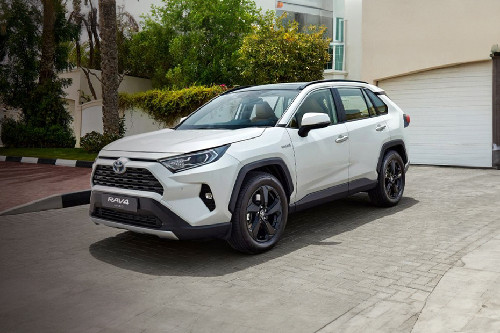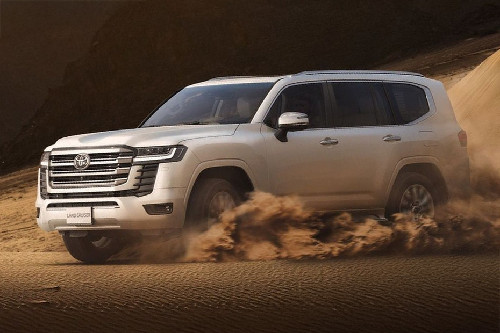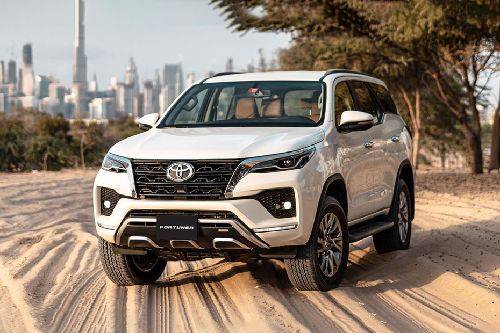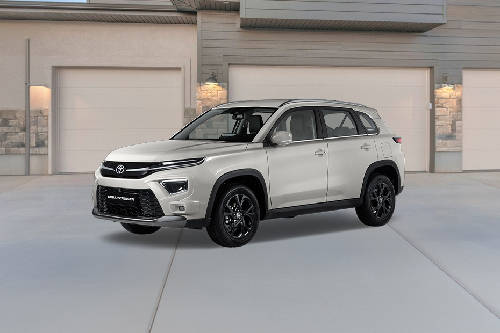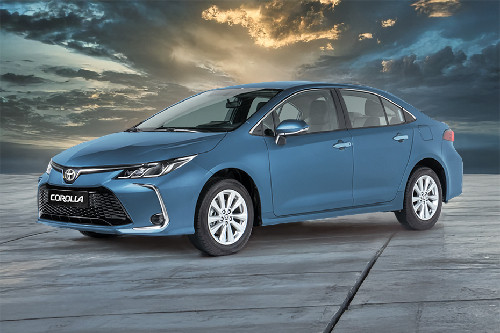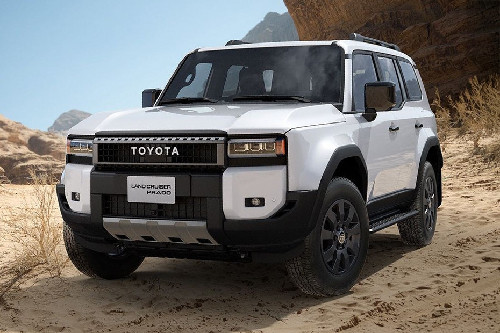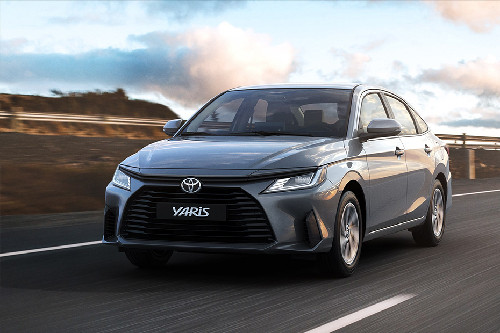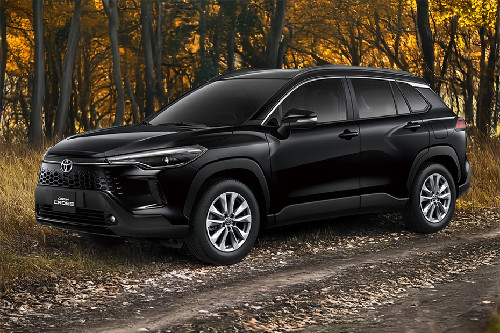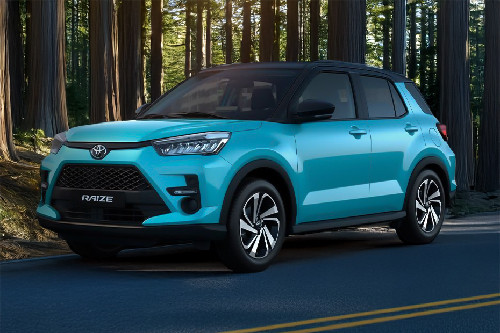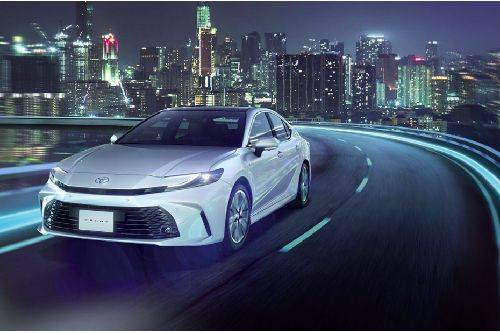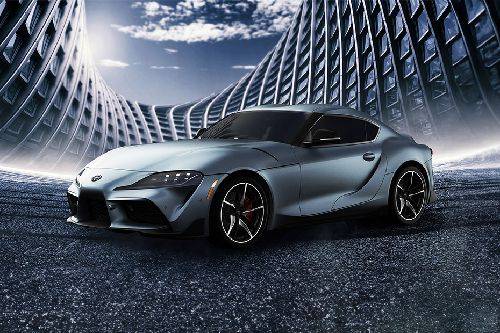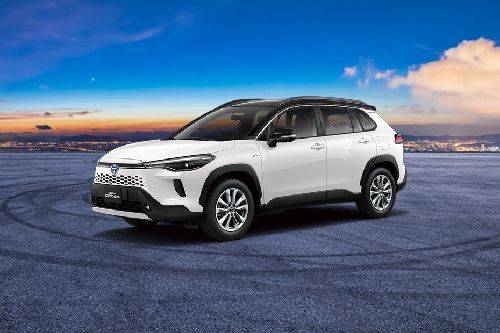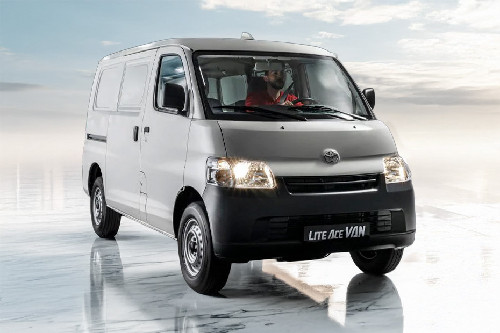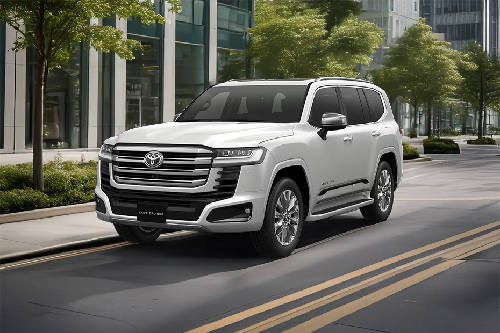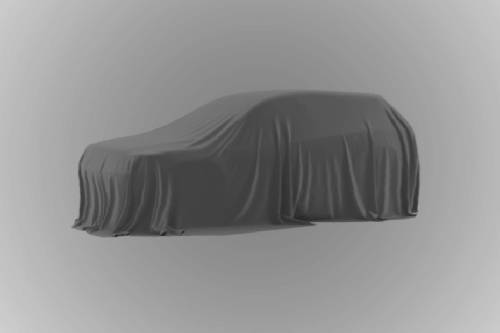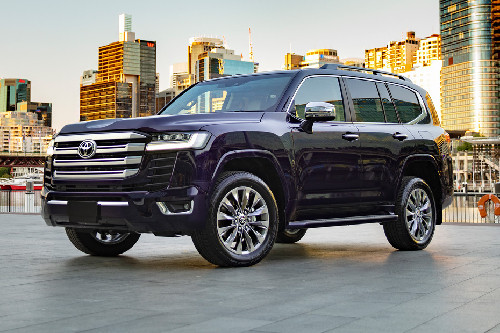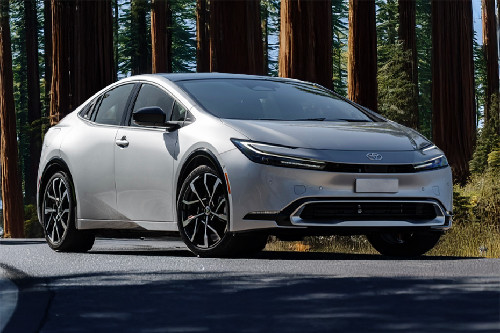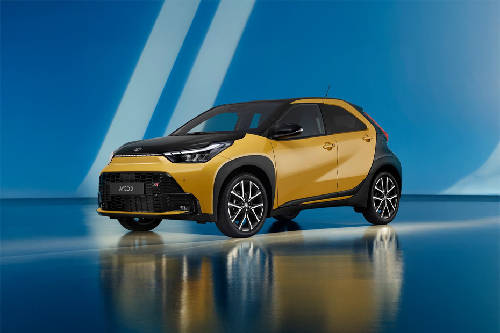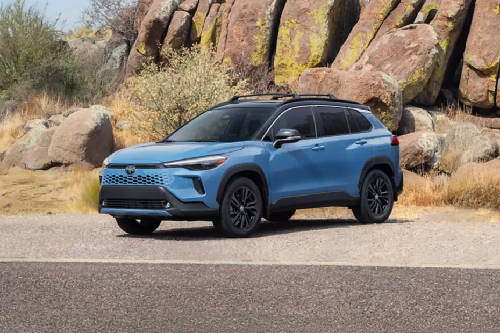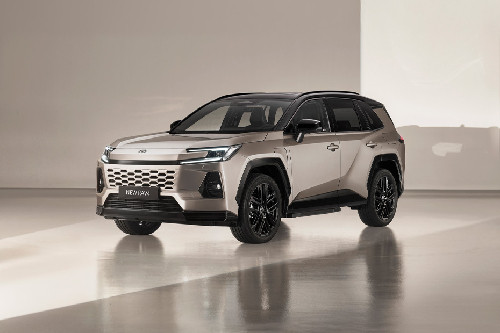Sedan vs SUV Cars in UAE 2025: Which One Should You Buy?

Abu Dhabi: This is a big question that every car buyer grapples with today more than ever in the UAE market. Buying a car often means a decision of the whole family, and there are several factors at play. Buying a car isn’t just a big financial commitment, it is something you rely on for everyday mobility needs. Perhaps a decade ago, the choice was simple: sedans dominated the roads and showrooms, and bringing one home was rather simple, and budget and brand were the only considerations. Sedans were known for their comfort, great design, elegance and efficiency. This started to change when SUVs arrived, and slowly, a rapid shift occurred in the market. In no time, SUVs have caught the imagination of buyers, along the way transforming the market from being niche into mainstream family favourites. This is visible across our roads, showrooms and sales trends, crossovers, compact SUVs, and full-size SUVs are now just a common sight.
KEY TAKEAWAYS
Which is more fuel-efficient, a sedan or an SUV?
Sedans are generally more fuel-efficient due to their lighter weight and aerodynamic design.Which is better for off-road driving, a sedan or an SUV?
SUVs are better suited for off-road driving due to their higher ground clearance and four-wheel-drive capabilities.If you’re among those buyers hunting for a brand new car in 2025 for your personal and family needs, and are most likely to use it for at least five to seven years. You’re certainly asking the same question, whether an SUV or a sedan make the most sense. Both come with strengths and weaknesses. And to help you make the most informed decision, we take you through a detailed analysis that will help you assess them better and arrive at the best decision.
Let's start by understanding what each vehicle type brings to the table.
Sedans: Great Comfort with Efficiency
For a long time, sedans have been considered as go-to cars for their modernity, refined characteristics, along with a great driving experience and superior comfort and fuel efficiency. This includes the reliable Japanese favourites like Camry, Accord, or high-end German brands like BMW 3 Series or Mercedes C-Class. Sedans have always been quite a popular choice across the Emirates.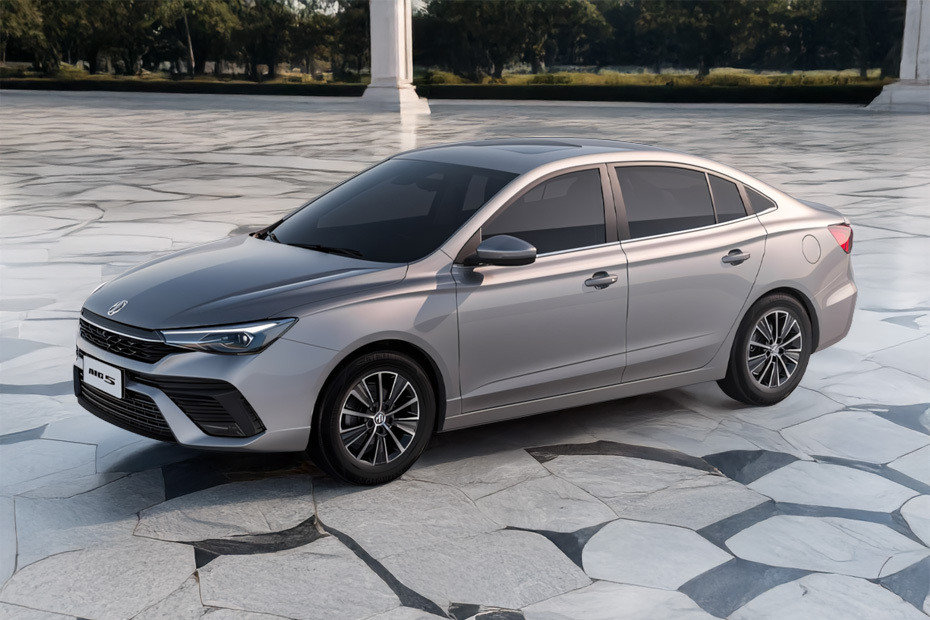
Why Do Sedans Work?
There are many reasons why sedans make sense. For starters, their simplicity and purpose, along with their design, promise a smooth drive on the highway and comfort of the city at a reasonable running cost. And the appeal was across the board, families, professionals, groups or corporate executives found them highly useful. Sedan is always regarded as a refined and predictable experience.
Then comes the practicality, with fuel efficiency being the major benefit. Most sedans have time and again proved their utility when it comes to offering better mileage compared to SUVs; this, of course, depends on engine size and driving conditions. Furthermore, Sedans also score well when it comes to overall handling and are better at aerodynamics. The most vital aspect of their design and construction, with the body style, especially the lower centre of gravity, makes them highly stable at high speeds, something that works remarkably on UAE highways where speeds often reach 120–140 km/h. Assured of a great ride quality, cabin noise is minimal, and parking in tight spots than a SUV.
Another critical aspect is that the maintenance is relatively lower, too. This is owing to their affordable parts, smaller tyres, cheaper to replace and service intervals are pretty simple. straightforward. For buyers focused on the total cost of ownership over five years, sedans often come out ahead.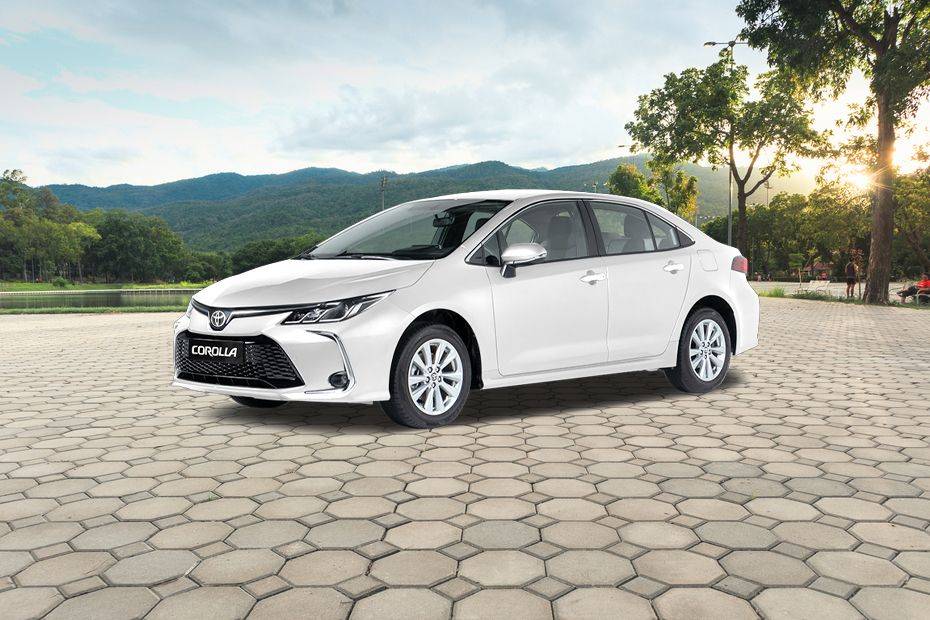
What's the catch?
Nothing in life is foolproof, and so sedans aren't without limitations. Right at the top, which is quite obvious, is space, which often is on the lower side. By nature of their design, sedans are known for comfortably seating five adults, and most often than not, the back seat is inadequate on long road trips, when you have to travel with three average-sized adults. Similarly, the boot space, while adequate for groceries and luggage, struggles when we are on the road with the family and the luggage is more.
Another key limitation is the lower ground clearance; in the UAE, roads are generally of good quality, but this isn’t always the case. Cars occasionally face speed bumps, sandy patches near the desert, or rougher roads in older neighbourhoods can be challenging for sedans with lower ride heights. Also, their limitation further strengthens if you like to go for desert drives or off-road adventures, a sedan isn’t really meant for such terrain. A more nuanced aspect is the general preference and perception element. In the region, it may not be with everyone, but generally, SUVs have become a symbol of status and also family needs; sedans don’t really give you that commanding feel on the road.
WHAT IT MEANS: Essentially, this clears the picture a lot that sedans are a great choice for professionals, couples, small families, and anyone emphasising fuel efficiency, smooth highway driving, and lower running costs, and not necessarily concerned with space or multipurpose use.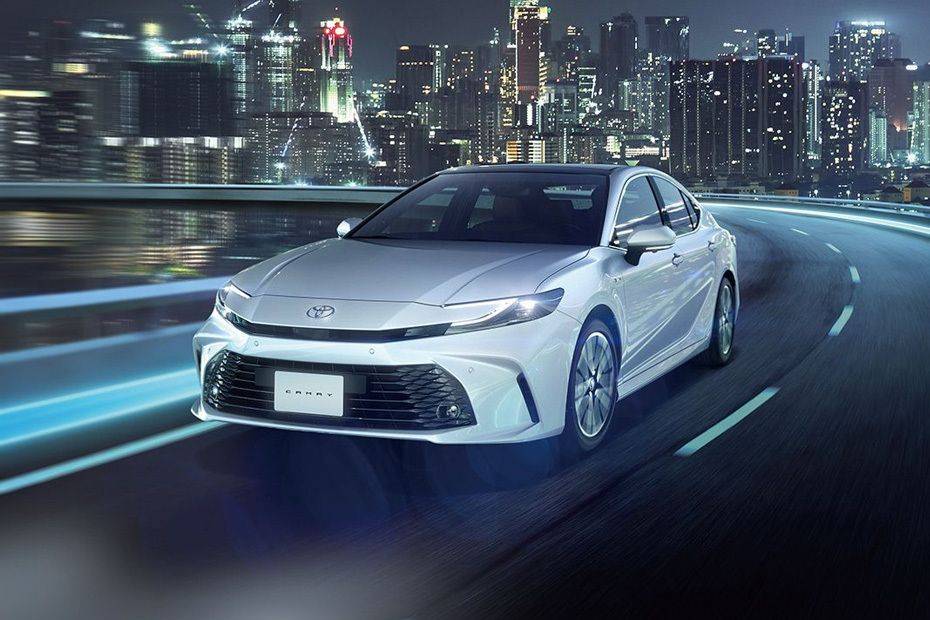
Pros and Cons of Sedans
|
Pros |
Cons |
|
Higher mileage |
Fall short on boot and cabin space |
|
Affordable to buy and run |
Lower ground clearance limit use |
|
Smooth and stable highway driving |
Less commanding road presence |
|
Easier to park |
Not ideal for large families or gear-heavy trips |
|
A refined, silent cabin with superior driving performance |
SUVs: Bold, Flexible and Capable
Just like any major market around the world, the UAE market has become primarily SUVs. This is visible across the sales charts, cities and towns. This shift is for the best of reasons, and makes pretty clear why SUVs are a craze. They come with benefits like more space (three rows), commanding seating positions, and the ability to handle almost everything from city commutes to desert adventures. From compact crossovers like the Nissan Magnite or Mazda CX-5 to the popular full-size SUVs like the Toyota Land Cruiser and Nissan Patrol. There is an SUV for nearly every budget, segment and lifestyle across the market.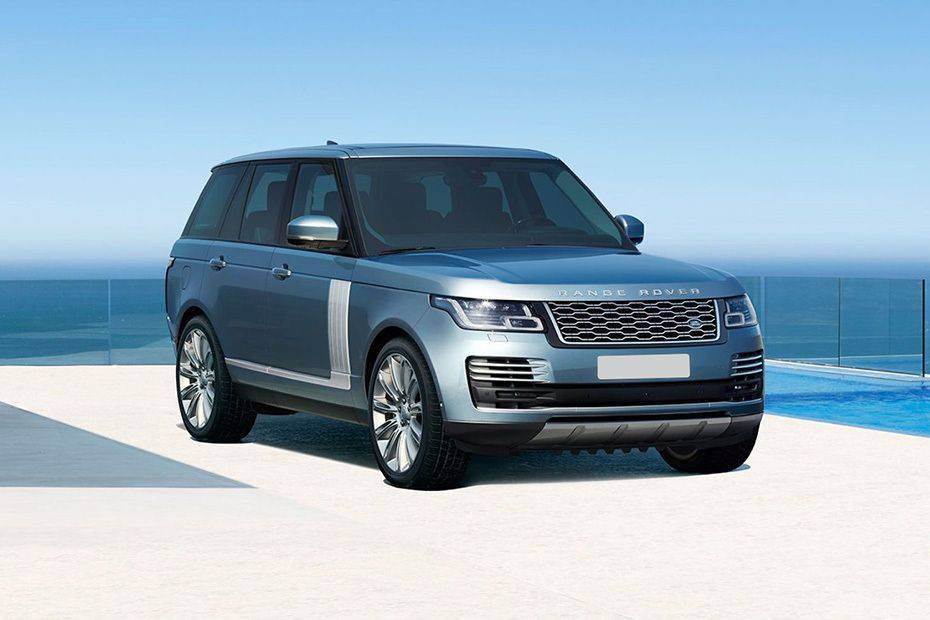
Decoding the rise of SUVs
The first and foremost reason is that the arrival of SUVs has successfully solved the problem of space that limits sedans. For a big family with more passengers every time, or regular road trips, intercity transportation, or businesses that need to carry more luggage, SUVs serve perfectly. Three-row SUVs can comfortably seat seven passengers, which means families just don’t need two cars, and if they don’t need the third row for passengers, then they are always available for more luggage.
Then comes the driving fun, with the elevated driving position being the most obvious advantage. What it does is offer you greater visibility of the road ahead, which is particularly helpful in heavy traffic or when navigating crowded parking lots, which means safer and more convenient. Many drivers in the UAE also find the higher seating position more comfortable and less fatiguing on long drives.
Equally important is the higher ground clearance, which makes a huge difference for daily driving. With their higher ride height, SUVs effortlessly tackle speed bumps across cities or towns. Besides being suitable for a variety of terrain like sandy tracks, gravel roads, or desert terrain, without any trouble. So it becomes your daily driver, a city companion as well as allowing weekend trips to the dunes or off-road adventures in the mountains.
Most of the SUVs command a high premium in the UAE resale market. For example, Land Cruiser, Patrol, and even mid-size SUVs like the Fortuner and Tucson consistently attract strong resale prices, especially those well-maintained. The reason is, SUVs are now part of our culture and partly because SUVs are seen as practical family vehicles that withstand the UAE's hot climate and varied terrain.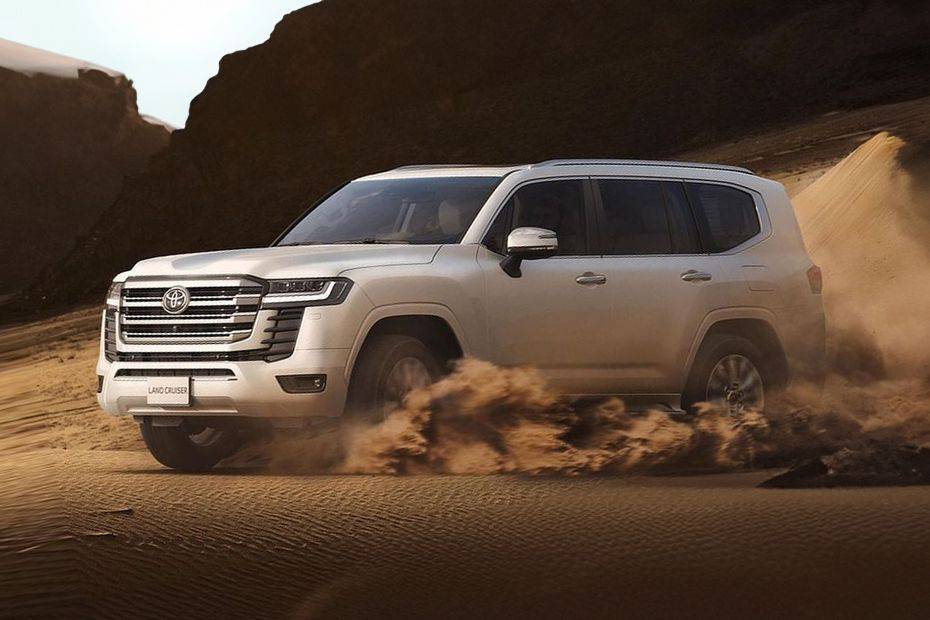
Balancing Pros and Cons
Now coming on to some of the trade-offs to be made with SUV ownership, of course, there are a right at the first is affordability, because they give you a lot, but that comes at a cost, which not everyone finds reasonable. Compared to sedans, they typically cost 20–40% more. With the big size, space, and higher power and capability comes a cost of fuel efficiency, lower than a sedan, depending on the model and engine size. If you’re going to use it for a daily commute for say 100 km a day, then the difference in fuel cost is considerably higher.
Then come the maintenance and running costs, which are also higher. The bigger tyres cost more to replace, other regular consumables like brake pads wear faster due to higher vehicle weight, and service intervals can be more expensive as well. The higher the price of the car, the higher the insurance, and so you end up paying higher insurance for SUVs.
On pure usage, you will experience parking and navigating through busy city roads and congested a slight challenge. And at highway speeds, SUVs are less aerodynamic, meaning they need more effort to maintain stability in strong crosswinds, a quite a common occurrence in the UAE.
WHAT IT MEANS: Overally, SUVs serve great, and they are the preferred choice for families, outdoor enthusiasts, regular travellers, and anyone who values space, multipurpose use, and loves a commanding road presence, and is not really concerned about lower fuel efficiency and slightly higher running costs.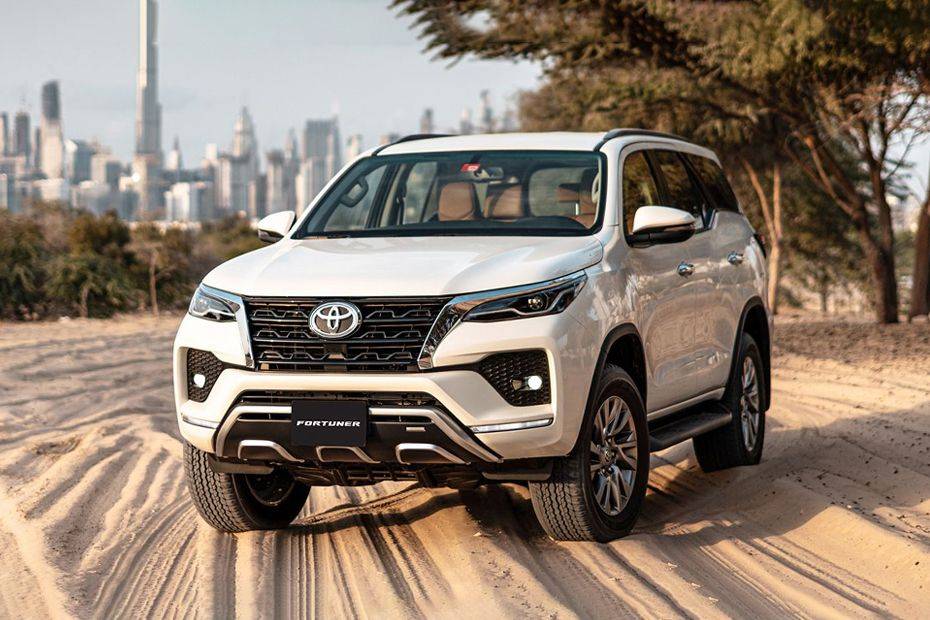
Pros and Cons of SUVs
|
Pros |
Cons |
|
Spacious cabin and boot, high seating capacity |
Priciers |
|
High driving position and better visibility |
Low on mileage |
|
Ground clearance is high |
High maintenance |
|
Command high resale value |
Bigger size |
|
Family-friendly |
Less stable in crosswinds at high speeds |
|
Capable to tackle rough terrain in speeds bumps easily |
Higher insurance premiums |
UAE Market Realities
Now you know the pros and cons of both sedans and SUVs. Let's look at local factors that are key to your ownership.
Lifestyle and Size of Family: We all know that, UAE has a diverse population, with many expatriate families and large local households. Considering this, if you have bigger families and travel together with more than four people, have relatives too, or kids, an SUV becomes a necessity. Sedans work well for couples, professionals, or small families with minimal luggage.
Driving Conditions: Our roads are really nice by and large, but the driving culture favours speed and highway travel. In such a scenario, sedans are ideal on smooth highways between the Emirates. But your ownership also consists of weekend desert trips, visits to wadis, or mountain or off-road drives, then an SUV's ground clearance and performance make a lot of sense.
Prices: While fuel is relatively affordable in the UAE, the initial price difference between sedans and SUVs is considerable. Based on your usage, you must consider the overall fuel cost and maintenance as they are more affordable. 
Resale Value: Both sedans and SUVs of certain makes and brands are valued highly in the used market in the UAE, but popular SUV models like the Land Cruiser, Patrol, and Fortuner tend to depreciate more slowly than sedans. Another aspect of our market worth considering is that premium sedans from brands like Mercedes, BMW, and Audi often depreciate significantly faster than their Japanese counterparts.
Parking: Using a car everyday also means the issue of parking is a big consideration. Sedans seem to offer a clear advantage in congested areas, busy city roads and tight parking spaces, whereas SUVs are better on open roads and highways.
What Really Matters: A Practical Comparison
How sedans and SUVs compare across key decision factors for UAE buyers:
|
Aspect |
Sedan |
SUV |
|
Price |
Lower |
Higher |
|
Mileage |
better for daily commuting |
higher running costs |
|
Comfort |
Seats 5, adequate boot, compact |
Seats 5–7, spacious boot, roomy cabin |
|
Practicality |
Low, struggles with rough terrain |
High, handles desert and rough roads |
|
Usability |
Lower cost, smaller tyres, simpler |
Higher cost, larger tyres, more complex |
|
Resale Value |
Good for popular Japanese models |
Excellent for Land Cruiser, Patrol, Fortuner |
|
Parking |
Easy in tight spaces |
Challenging in crowded areas |
|
Highway Stability |
Excellent at high speeds |
Good but less aerodynamic |
|
Off-Road Capability |
Not suitable |
Capable, especially 4WD models |

Conclusion
Frankly, there isn’t a one-size-fits-all answer here, and a decision to choose between a sedan and an SUV is largely personal. Simply because there are several factors involved, and each one needs careful consideration before actually arriving at a final decision. With our in-depth analysis, we tried to offer a clear difference between owning a sedan and an SUV. This allows you to evaluate all the key parameters like lifestyle, family size, and driving habits.
Toyota Car Models
Automotive News and Reviews
- Latest
- Popular
You might also be interested in
- News
- Featured Stories
Featured Car
- Latest
- Upcoming
- Popular

